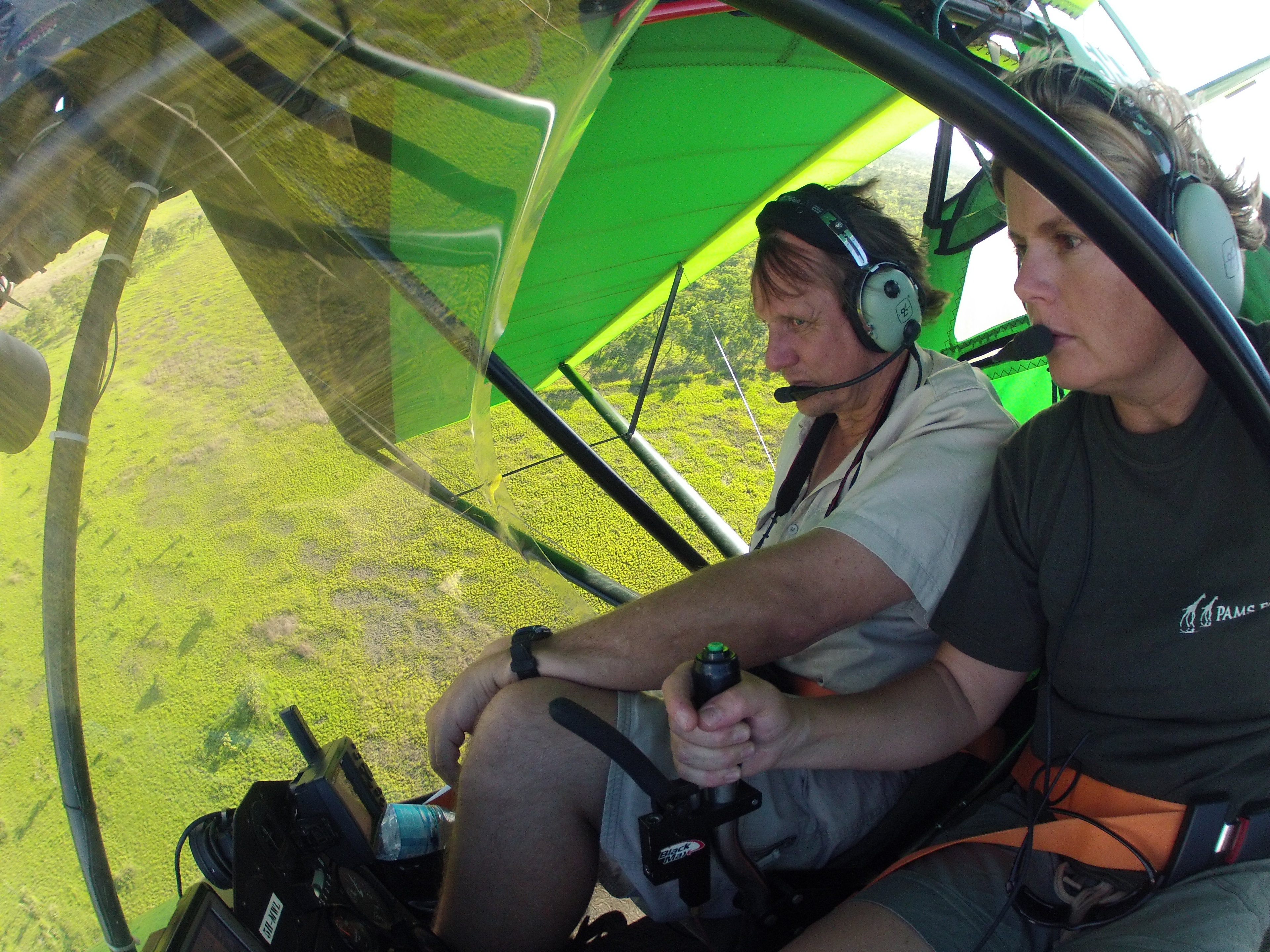16 August 2017
Dar es Salaam, Tanzania
Wayne Lotter
Profession
Community
Motive
Environmental and indigenous activism
Exposure of illegal activity


Adolfo Olivas


Ahmed Divela


Amit Jethwa


Artan Cuku


Babita Deokaran


Bayo Ohu


Berta Cáceres


Bhupendra Veera


Bill Kayong


Boris Nemtsov


Boško Buha


Chai Boonthonglek


Charl Kinnear


Chut Wutty


Chynybek Aliev


Cihan Hayirsevener


Daphne Caruana Galizia


Darío Fernández


Derk Wiersum


Deyda Hydara


Édgar Quintero


Edmore Ndou


Edwin Dagua


Federico Del Prete


Fernando Villavicencio


Gezahegn Gebremeskel


Gilles Cistac


Habibur Mondal


Igor Alexandrov


Jacob Juma


Ján Kuciak


Javier Valdez


Joannah Stutchbury


José Ángel Flores


Jules Koum Koum


Kem Ley


Luis Marroquín


Mahamudo Amurane


Marcelo Rivera


María Elena Ferral Hernández


Marielle Franco


Milan Pantić


Milan Vukelić


Muhammad Khan


Nelson García


Nihal Perera


Oliver Ivanović


Orel Sambrano


Perween Rahman


Peter R. de Vries


Rajendra Singh


Salim Kancil


Sandeep Sharma


Sikhosiphi Radebe


Slaviša Krunić


Soe Moe Tun


Victor Mabunda


Virgil Săhleanu


Wayne Lotter


Yuniol Ramírez


Zezico Guajajara
16 August 2017
Dar es Salaam, Tanzania
Profession
Community
Motive
Environmental and indigenous activism
Exposure of illegal activity
Thousands of elephants are killed in Africa each year by poachers. The thin red line between these animals and extinction is the scores of brave men and women who risk their lives to protect them.
Whether it involves monitoring national parks or exposing and combating wrongdoing, working in the area of wildlife conservation is risky for all involved. Testament to this is the murder of 51-year-old conservationist Wayne Lotter in Dar es Salaam, Tanzania, in 2017. He was shot by gunmen while travelling in a taxi to the airport.
In February 2018, eight were charged with murder or conspiracy to murder, and although the case is still before the courts in Tanzania, Lotter’s comrades in the field of wildlife protection believe he was assassinated because of his anti-poaching activism.
Lotter was a co-founder of the PAMS Foundation, a not-for-profit conservation organization established in 2009. PAMS operates on all levels to empower people to protect wildlife in Tanzania, from working with and investing in community members to educating and training rangers, and working with local authorities.
Over the past decade, PAMS has helped to protect some 42 000 elephants and 7 000 giraffes; confiscated 1 153 firearms; and educated 4 200 children on environmental issues, according to its website.
In its early days, PAMS relied on donated equipment to support village game scouts undertaking foot patrols to detect illegal activity.
Lotter was especially passionate about community involvement in wildlife protection.
His friends and associates said he was well loved by those he worked with, and adored for his passion, sense of justice and quirky humour. He was also serious and determined, and would always stand up for what he believed in. A dedication to Lotter on the PAMS website describes him as ‘a conservation warrior, a strategist, a trailblazer with resolute determination and courage’.
News of Lotter’s conservation efforts had reached none other than famed primatologist Jane Goodall, who lauded his ‘courageous fight against poaching of wildlife’. In a posthumous tribute to him, Goodall described Lotter as ‘a hero of mine, a hero to many, someone who devoted his life to protecting Africa’s wildlife.’
His work, Goodall added, had made a huge difference in the fight to save Tanzania’s elephants from the illegal ivory trade. And his dedication to his work, even in the face of plenty of opposition, inspired many.
Echoing Goodall’s sentiments, Sean Willmore, president of the International Ranger Federation and managing director of the Thin Green Line Foundation, both of which Lotter was highly involved in, called Lotter ‘a true champion of this planet’. In a statement issued soon after Lotter’s death, Willmore wrote:
‘His devotion to the cause, in the face of huge obstacles and dangers, has enabled the education and training of hundreds of village game scouts, which has provided them a livelihood and most likely saved many of their lives. Countless elephants and animals also still roam this earth because of him.’
According to a statement issued by the Elephant Crisis Fund in August 2017, Lotter’s work had helped to achieve ‘real success’ against organized-crime networks, with PAMS having aided the ‘first significant win’ against the wave of poaching that had slashed Tanzania’s elephant population by 60% between 2007 and 2016. However, with each such success came an increase in the danger to Lotter’s life. Many of those who work in the conservation sector have linked his murder to organized-crime networks operating in Africa, driven by the demand for ivory in Asia.
As Prince William, who has himself campaigned to end the illegal wildlife trade, said at the time, Lotter’s ‘violent and apparently targeted murder shows just how dangerous the situation has become in relation to the big money that is associated with the illegal ivory and rhino horn trades’. He credited Lotter and the rangers and conservationists like him across the globe for their selfless dedication to stopping those who wish to destroy Africa’s natural resources.
Those in the field have frequently spoken about the threats faced by anti-poaching workers from those who have a vested interest in the trade.
In a 2016 article in The New York Times about anti-poaching efforts in Tanzania, Lotter highlighted some of the dangers of the work, referring in particular to the murder of British helicopter pilot Roger Gower early that year. Gower had been killed by poachers while flying over a wildlife reserve near the Serengeti National Park in Tanzania looking for signs of poaching. As Lotter reflected: ‘The more you go after them, the more situations where confrontation between poachers and rangers will take place. There are going to be risks.’
A report released in 2013 found that the growth of the illegal trade in ivory had placed African elephants under severe threat. The report, produced by the UN Environment Programme, the Convention on International Trade in Endangered Species, the International Union for Conservation of Nature, and wildlife trade monitoring network TRAFFIC, concluded that the systematic monitoring of large-scale seizures of ivory destined for Asia indicated the involvement of criminal networks, which were increasingly active and entrenched in the trafficking of ivory between Africa and Asia. The report called for improved law enforcement across the entire illegal ivory supply chain, as well as strengthened national legislative frameworks, and emphasized the need to fight collusive corruption, identify syndicates and reduce demand. Said TRAFFIC’s ivory-trade expert, Tom Milliken, ‘Organized criminal networks are cashing in on the elephant poaching crisis, trafficking ivory in unprecedented volumes and operating with relative impunity and with little fear of prosecution.’

Wayne Lotter’s foundation worked with local communities in Tanzania

Surveying for signs of poaching
In 2016, The Guardian uncovered the ringleaders of one major wildlife-crime network, linking key traffickers to corrupt officials at the highest levels in Asia. While a poacher in Africa could sell ivory for up to US$150 a kilogram, in China it sells for much higher – sometimes as much as US$2 025 a kilogram. As The Guardian report states, this is a ‘profit-hungry global crime conducted by some of the same ruthless and violent groups that traffic drugs and guns’.
In recent years, however, Tanzania has seen some hopeful progress. In early 2019, notorious Chinese businesswoman Yang Fenglan – nicknamed the Ivory Queen – was sentenced to 15 years in prison after being convicted of smuggling about 800 pieces of ivory from Tanzania to the Far East between 2000 and 2014. She is also accused of operating one of Africa’s biggest ivory-smuggling rings, responsible for the smuggling of US$2.5 million worth of tusks from some 400 elephants.
Experts in the field have said that this sentence should be a good deterrent against this devastating form of transnational crime. In an article in The Telegraph, Milliken referred to Yang’s conviction as ‘hugely significant’.
‘As her jail sentence pulses through the Chinese community,’ he said, ‘the prospect of spending that long in an African jail is certainly going to be a deterrent for certain individuals.’
December 2022 update
The investigation into Lotter’s murder led the High Court in Tanzania to receive information regarding the trial of 22 people, including two Burundian nationals, facing charges of murder and conspiracy. Out of the 22 accused, 11 were sentenced to death in December 2022. According to the magistrate responsible for the case, there was compelling evidence that linked the accused to the conspiracy to commit murder and murder charges.


16 January 2019
Accra, Ghana
Ahmed Divela


23 August 2021
Johannesburg, South Africa
Babita Deokaran


20 September 2009
Akowonjo, Lagos State, Nigeria
Bayo Ohu


18 September 2020
Cape Town, South Africa
Charl Kinnear


16 December 2004
Kanifing, Gambia
Deyda Hydara


22 April 2017
Beitbridge District, Zimbabwe
Edmore Ndou


21 April 2018
Johannesburg, South Africa
Gezahegn Gebremeskel


3 March 2015
Maputo, Mozambique
Gilles Cistac


5 May 2016
Nairobi, Kenya
Jacob Juma


15 July 2021
Kiambu, Kenya
Joannah Stutchbury


4 November 2011
Yaoundé, Cameroon
Jules Koum Koum


4 October 2017
Nampula, Mozambique
Mahamudo Amurane


22 March 2016
Mbizana, Eastern Cape, South Africa
Sikhosiphi Radebe


10 January 2018
South Africa
Victor Mabunda